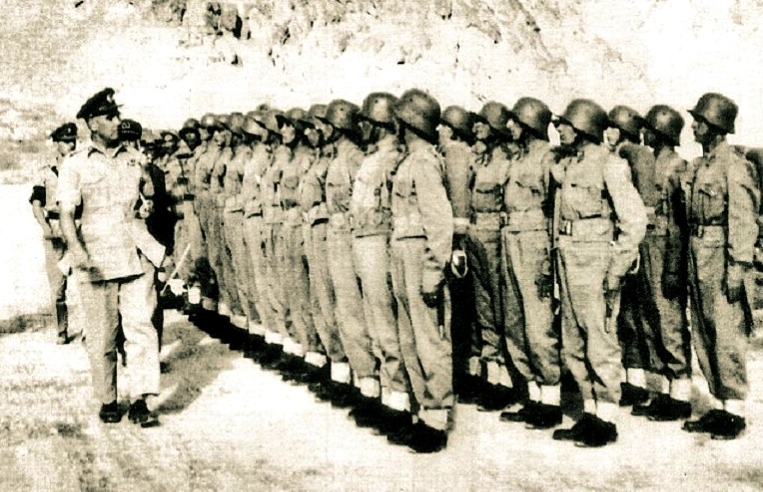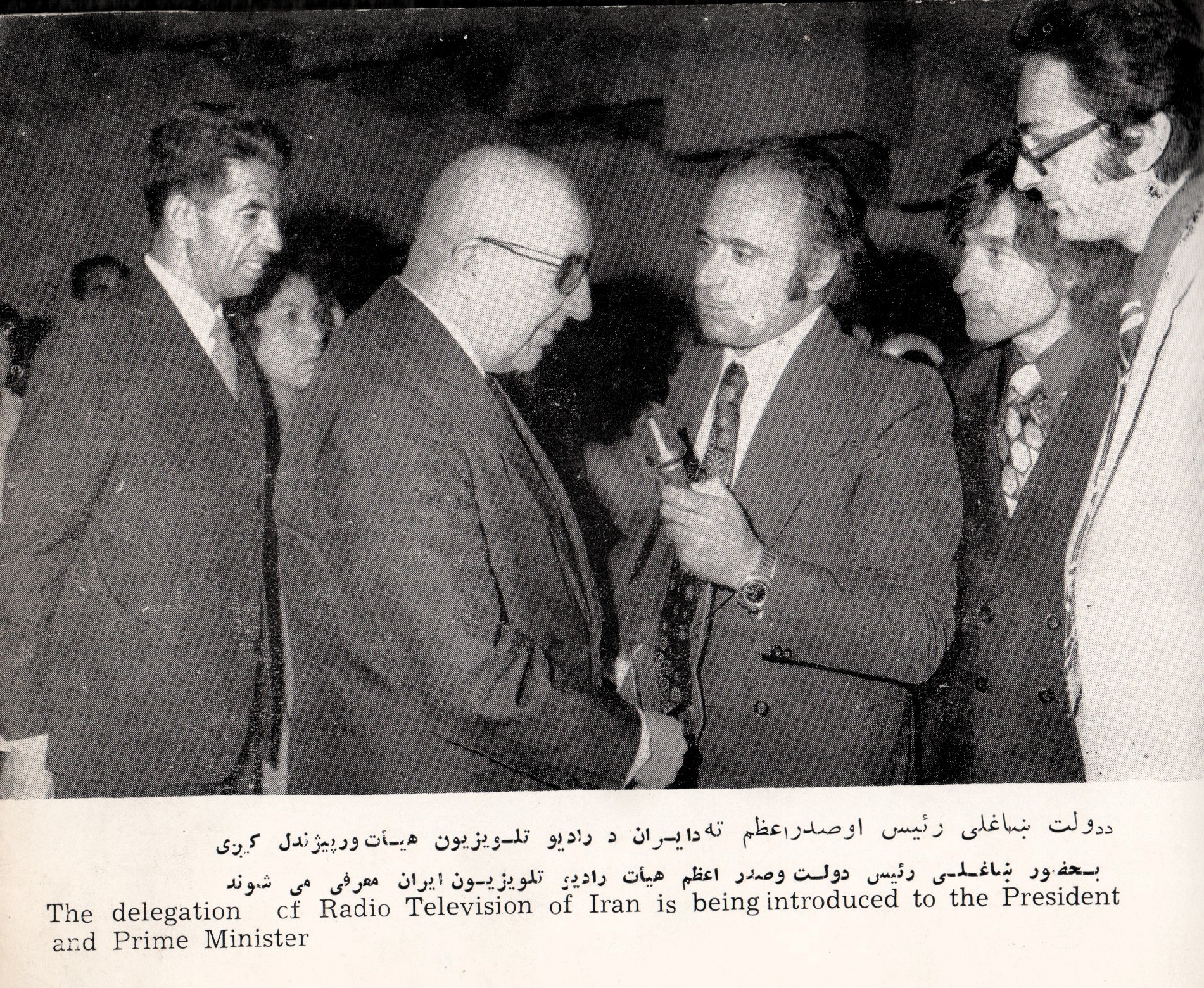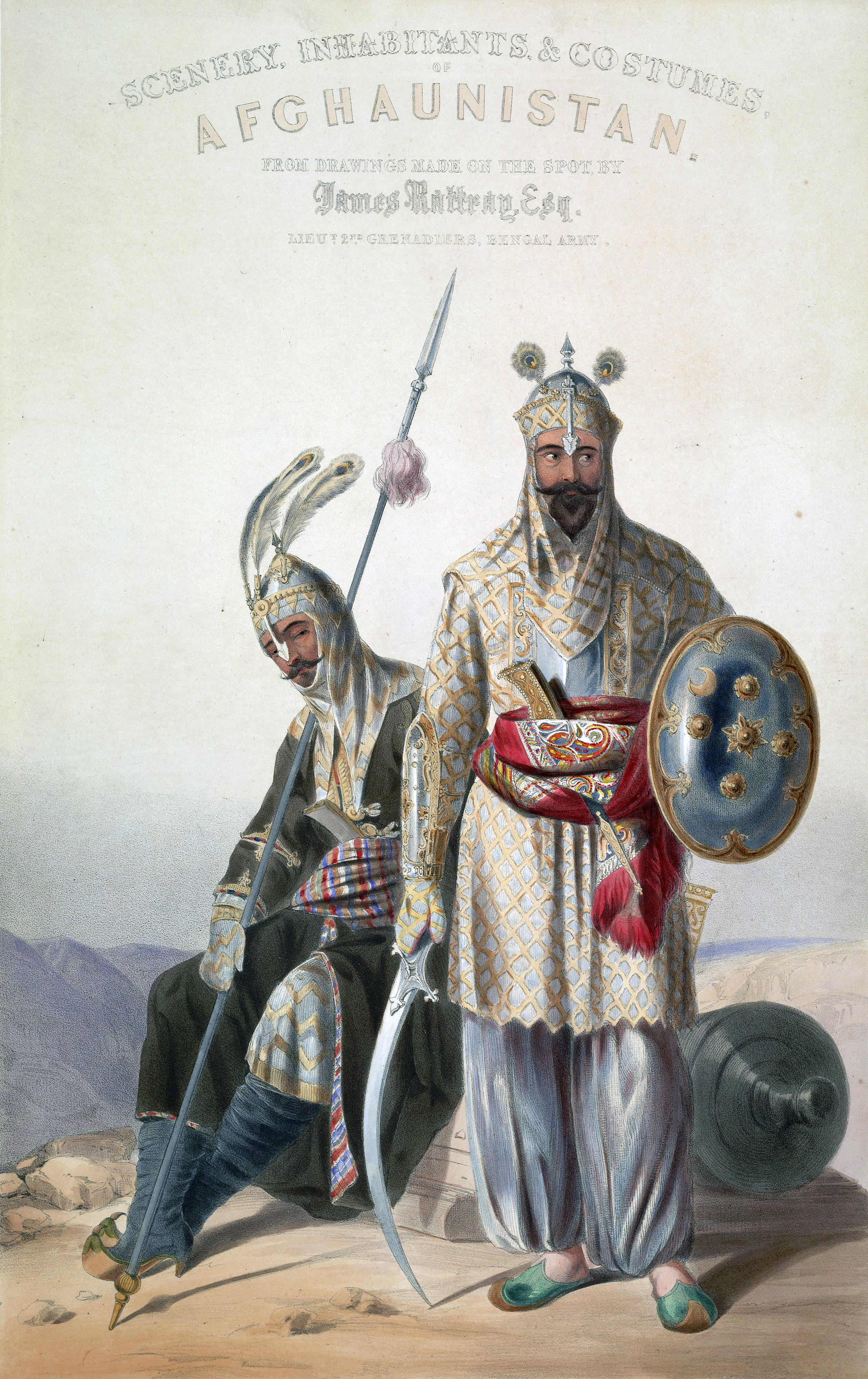|
1960 In Pakistan
Events from the year 1960 in Pakistan. Incumbents Federal government *List of Presidents of Pakistan, President: Ayub Khan (President of Pakistan), Ayub Khan *Chief Justice of Pakistan, Chief Justice: ** until 2 May: Muhammad Munir ** 3–12 May: Muhammad Shahabuddin ** starting 13 May: A.R. Cornelius Events May * 11 May 1960, the No. 8 Squadron of Pakistan Air Force, PAF famously known as Haiders is raised at PAF Base Masroor. September * 24 February, The name of Islamabad is decided by the Presidential Cabinet of Pakistan for the new capital * Early September, irregular Royal Afghan Army, Royal Afghan Forces on the command of Mohammed Daoud Khan, Daoud Khan invade Pakistan's Bajaur District in an attempt to annexe the region thus starting the Bajaur Campaign. They are ultimately pushed back by Pakistani forces and Pakistani Pashtun tribesmen. * 19 September, Pakistan and the Republic of India sign the Indus Waters Treaty. See also * 1959 in Pakistan * 1961 in Pakistan ... [...More Info...] [...Related Items...] OR: [Wikipedia] [Google] [Baidu] |
List Of Presidents Of Pakistan
:''The head of state of Pakistan from independence until Pakistan became a republic in 1956 was the Pakistani monarch. For the Governor-Generals who represented them from 1947 to 1956, see Governor-General of Pakistan.'' The President of Pakistan is the head of state of the Islamic Republic of Pakistan. According to the Constitution of Pakistan, the president has "powers, subject to Supreme Court approval or veto, to dissolve the National Assembly, triggering new elections, and thereby dismissing the prime minister". These powers were repeatedly modified through amendments to the constitution, which were introduced as the results of military coups and changes in government. Since the 18th Amendment to the Constitution was passed in 2010, Pakistan has been shifted back from semi-presidential to a parliamentary republic. Under that system, the president has limited ruling powers, and performs ceremonial duties while the Prime Minister enjoys more powers to execute decisions. The p ... [...More Info...] [...Related Items...] OR: [Wikipedia] [Google] [Baidu] |
Bajaur District
Bajaur District ( ps, باجوړ ولسوالۍ, ur, ) is a district in Malakand Division of Khyber Pakhtunkhwa province in Pakistan. Until 2018, it was an agency of the Federally Administered Tribal Areas, then during restructuring that merged FATA with Khyber Pakhtunkhwa, it became a district. According to the 2017 census, the population of the district is 1,093,684. It borders Afghanistan's Kunar Province with a 52 km border. The headquarters of the agency administration is located in the town of Khar. Geography Bajaur is about long by broad. It lies at a high elevation to the east of the Kunar Valley of Afghanistan and Pakistan, from which it is separated by a continuous line of rugged frontier hills, forming a barrier that is easily passable at one or two points. The old road from Kabul to Pakistan ran through the barrier before the Khyber Pass was adopted as the main route. Nawagai is the chief town of Bajour; the Khan of Nawagai was previously under British pro ... [...More Info...] [...Related Items...] OR: [Wikipedia] [Google] [Baidu] |
Timeline Of Pakistani History
This is a timeline of Pakistani history, comprising important legal and territorial changes and political events in today's Pakistan and its predecessor states. To read about the background of these events, see History of Pakistan and History of the Islamic Republic of Pakistan. __NOTOC__ Lower Paleolithic Middle Paleolithic Upper Paleolithic 35th century BCE 27th century BCE 25th century BCE 19th century BCE 13th century BCE 10th century BCE 7th century BCE 6th century BCE 5th century BCE 4th century BCE 2nd century BCE 1st century BCE 1st century 2nd century 3rd century 4th century 5th century 6th century 7th century 8th century 9th century 10th century 11th century 12th century 13th century 14th century CE * 1351: Samma Dynasty assumed rule over Sindh * 1398: Tamerlane plunders Lahore * 1472: Sher Shah Suri (original name Farid Khan born in Multan) * 1526 � ... [...More Info...] [...Related Items...] OR: [Wikipedia] [Google] [Baidu] |
List Of Pakistani Films Of 1960 ...
A list of films produced in Pakistan in 1960 (see 1960 in film) and in the Urdu language: 1960 See also * 1960 in Pakistan References External links Search Pakistani film - IMDB.com {{DEFAULTSORT:Pakistani Films Of 1960 1960 Pakistani Films A film also called a movie, motion picture, moving picture, picture, photoplay or (slang) flick is a work of visual art that simulates experiences and otherwise communicates ideas, stories, perceptions, feelings, beauty, or atmosphere ... [...More Info...] [...Related Items...] OR: [Wikipedia] [Google] [Baidu] |
1961 In Pakistan
Events from the year 1961 in Pakistan. Incumbents *President: Ayub Khan * Chief Justice: A.R. Cornelius Events May * 6 May – Constitution Commission, appointed by President Ayub Khan, presents its report, specifying pinpoints the failures of parliamentary government in Pakistan. Births * 8 January – Shoaib Mohammad, cricketer. See also * List of Pakistani films of 1961 References Pakistan Pakistan Pakistan ( ur, ), officially the Islamic Republic of Pakistan ( ur, , label=none), is a country in South Asia. It is the world's fifth-most populous country, with a population of almost 243 million people, and has the world's second-lar ... 1960s in Pakistan Years of the 20th century in Pakistan {{Pakistan-hist-stub ... [...More Info...] [...Related Items...] OR: [Wikipedia] [Google] [Baidu] |
1959 In Pakistan
Events from the year 1959 in Pakistan. Incumbents Federal government *President: Ayub Khan * Chief Justice: Muhammad Munir Events October *26 October, Ayub Khan announces his system of 80,000 Basic Democrats, who would further form the electoral college for the elections of the President and the members of the Central and Provisional Legislature. December *First step of elections to the Basic Democrat units in both parts of the country. See also * List of Pakistani films of 1959 References {{Year in Asia, 1959 Pakistan Pakistan Pakistan ( ur, ), officially the Islamic Republic of Pakistan ( ur, , label=none), is a country in South Asia. It is the world's List of countries and dependencies by population, fifth-most populous country, with a population of almost 24 ... 1950s in Pakistan Years of the 20th century in Pakistan ... [...More Info...] [...Related Items...] OR: [Wikipedia] [Google] [Baidu] |
Indus Waters Treaty
The Indus Water Treaty (IWT) is a water-distribution treaty between India and Pakistan, arranged and negotiated by the World Bank, to use the water available in the Indus River and its tributaries. It was signed in Karachi on 19 September 1960 by then Indian Prime Minister Jawaharlal Nehru and then Pakistani president Ayub Khan. The Treaty gives control over the waters of the three "eastern rivers" — the Beas, Ravi and Sutlej with a mean annual flow of 33 million acre-feet (MAF) — to India, while control over the waters of the three "western rivers" — the Indus, Chenab and Jhelum with a mean annual flow of 80 MAF — to Pakistan. India has about 20% of the total water carried by the Indus system while Pakistan has 80%. The treaty allows India to use the western river waters for limited irrigation use and unlimited non-consumptive use for such applications as power generation, navigation, floating of property, fish culture, etc. It lays down detailed regulations for In ... [...More Info...] [...Related Items...] OR: [Wikipedia] [Google] [Baidu] |
Pakistani Pashtun
Pashtuns (, , ; ps, پښتانه, ), also known as Pakhtuns or Pathans, are an Iranian ethnic group who are native to the geographic region of Pashtunistan in the present-day countries of Afghanistan and Pakistan. They were historically referred to as Afghans () or xbc, αβγανο () until the 1970s, when the term's meaning officially evolved into that of a demonym for all residents of Afghanistan, including those outside of the Pashtun ethnicity. The group's native language is Pashto, an Iranian language in the Indo-Iranian branch of the Indo-European language family. Additionally, Dari Persian serves as the second language of Pashtuns in Afghanistan while those in the Indian subcontinent speak Urdu and Hindi (see Hindustani language) as their second language. Pashtuns are the 26th-largest ethnic group in the world, and the largest segmentary lineage society; there are an estimated 350–400 Pashtun tribes and clans with a variety of origin theories. The total popul ... [...More Info...] [...Related Items...] OR: [Wikipedia] [Google] [Baidu] |
Bajaur Campaign
The Bajaur campaign refers to an armed conflict between Afghanistan and Pakistan that took place from September 1960 to September 1961 in Bajaur, Pakistan. The conflict was initiated by Afghan Prime Minister Daoud Khan, who sent Royal Afghan Army troops across the porous border into Bajaur in 1960. The Afghan army incursion was repulsed by Pakistan Army and the Pashtun tribesmen in Pakistan. The battle came to an end after the Afghan forces were routed. Several Afghan troops that were still inside the Pakistani territory, surrendered. As a result of this, diplomatic relations between the two nations worsened because of the armed conflict. Background Relations between the two states of Afghanistan and Pakistan have been strained ever since the latter gained independence from the United Kingdom following the Partition of British India in August 1947. Following partition, the Kingdom of Afghanistan was the only country to vote against the Dominion of Pakistan's admission ... [...More Info...] [...Related Items...] OR: [Wikipedia] [Google] [Baidu] |
Mohammed Daoud Khan
Mohammed Daoud Khan ( ps, ), also romanized as Daud Khan or Dawood Khan (18 July 1909 – 28 April 1978), was an Afghan politician and general who served as prime minister of Afghanistan from 1953 to 1963 and, as leader of the 1973 Afghan coup d'état which overthrew the monarchy, served as the first president of Afghanistan from 1973 to 1978, establishing an autocratic one-party system. Born into the Afghan royal family and addressed by the prefix "Sardar", Khan started as a provincial governor and later a military commander before being appointed as Prime Minister by his cousin, King Mohammed Zahir Shah. Having failed to persuade the King to implement a one-party system, Khan overthrew the monarchy with the backing of Afghan Army officers, and proclaimed himself the first President of the Republic of Afghanistan. Khan was known for his autocratic rule, and for his educational and progressive social reforms. Under his regime, he headed a purge of communists in the governme ... [...More Info...] [...Related Items...] OR: [Wikipedia] [Google] [Baidu] |
Ayub Khan (President Of Pakistan)
Muhammad Ayub Khan (Urdu: ; 14 May 1907 – 19 April 1974), was the second President of Pakistan. He was an army general who seized the presidency from Iskander Mirza in a coup in 1958, the first successful coup d'état in the country's history. Popular demonstrations and labour strikes supported by the protests in East Pakistan ultimately led to his forced resignation in 1969. During his presidency, differences between East and West Pakistan arose to an enormous degree, that ultimately led to the Independence of East Pakistan. Trained at the British Royal Military College, Ayub Khan fought in World War II as a colonel in the British Indian Army before deciding to transfer to the Pakistan Army in the aftermath of the partition of India in 1947. His assignments included command of the 14th Division in East-Bengal. He was elevated to become the first native Commander-in-Chief of the Pakistan Army in 1951 by Prime Minister Liaquat Ali Khan, succeeding General Douglas ... [...More Info...] [...Related Items...] OR: [Wikipedia] [Google] [Baidu] |
Royal Afghan Army
The Army of the Islamic Emirate of Afghanistan (), also referred to as the Islamic Emirate Army and the Afghan Army, is the land force branch of the Armed Forces of the Islamic Emirate of Afghanistan. The roots of an army in Afghanistan can be traced back to the early 18th century when the Hotak dynasty was established in Kandahar followed by Ahmad Shah Durrani's rise to power. It was reorganized in 1880 during Emir Abdur Rahman Khan's reign. Afghanistan remained neutral during the First and Second World Wars. From the 1960s to the early 1990s, the Afghan Army was equipped by the Soviet Union. After the resignation of President Najibullah in 1992, the army effectively dissolved. In 1996 the Islamic Emirate of Afghanistan (Taliban regime) took power, creating their own army, which lasted until United States invasion of Afghanistan in October–November 2001. By 2016, most of Afghanistan came under government control. However over the next few years the government slowly lost ter ... [...More Info...] [...Related Items...] OR: [Wikipedia] [Google] [Baidu] |



.png)
